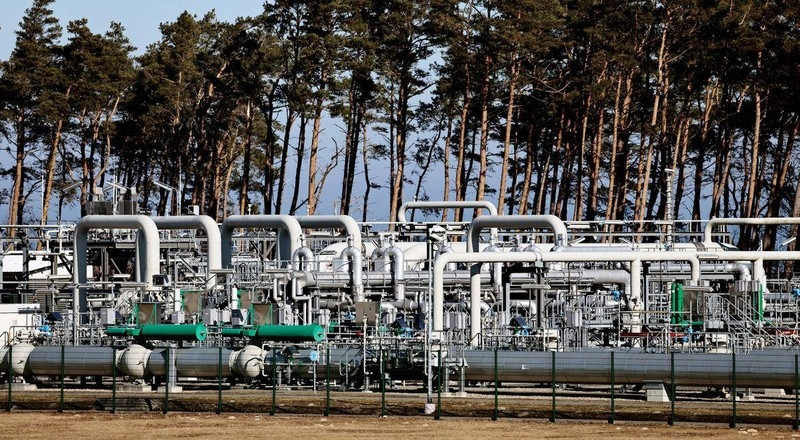The EU notice emphasised that, after considering the imminent danger to gas supply security, the above plan came into force because the matter had become urgent. The purpose of the plan is to help the EU increase its gas reserves in time for the winter.
Accordingly, member countries will be forced to cut gas consumption by at least 15% between August 2022 and March 2023, based on the average consumption of the previous five years.
The EU's emergency plan to cut gas consumption has been approved as countries are trying to save fuel for next winter due to tight supplies. According to the announcement of the Czech Republic, which currently holds the rotating EU Presidency, the agreement has been ratified by all EU countries, except for Hungary and Poland.
Hungary was the only country that opposed the deal to cut gas consumption at the EU meeting. Hungary is currently negotiating with Russia to import more gas. Meanwhile, Poland also did not ratify this agreement, although it had previously supported it.
Although not reached by a consensus of all members, the plan to cut gas consumption by 15% by EU countries is an important step to reduce the dependence of the bloc on Russian gas supplies before the high season of increased fuel consumption.
Before the escalation of tensions due to Russia's special military operation in eastern Ukraine, Russia supplied about 40% of the gas consumed throughout the EU.
Under the new EU rules, Germany, the largest gas importer in Europe, will have to significantly save more gas consumption than other EU countries.
According to the European Commission, from the beginning of August 2022 to March 2023, Germany will have to save about 10 billion cubic metres of gas consumption, to be able to achieve the target set by EU countries. The amount of gas that can be saved in Germany is equivalent to the average annual consumption of 5 million four-person households.
To ensure energy supply for the coming winter months, the German government recently announced a surcharge for gas use from October. This regulation is expected to take effect in mid-August and will begin to be implemented from October 1.
The validity period of the regulation extends until April 1, 2024. The Ordinance on gas surcharges aims to prevent the default of gas trading companies, as well as to ensure the maintenance of supply for the people and the leading economy of Europe.
German Federal Minister for Economic Affairs and Climate Action Robert Habeck stressed that charging a gas surcharge is not an easy decision, but it is necessary to ensure energy supplies for households as well as for the largest economy in Europe.
With the surcharge collected, German gas importers can ease the burden of switching to buying gas from other sources. Gas importers in Germany are under considerable pressure due to reduced supply from Russia. To make up for the shortfall, companies are looking for ways to import from alternative sources, in many cases atmore expensive prices.
Meanwhile, the French government warned that companies and residents may have to reduce energy consumption next winter, even if the natural gas reserves of the EU's second-largest economy are at a maximum level.
According to French Energy Minister Agnes Pannier-Runacher, France's strategic gas reserves are at 80% of capacity and could reach 100% by November 1, but government agencies and businesses must reduce gas and electricity consumption as there still may be insufficient supply in case of extreme cold.
The EU’s emergency plan to cut gas consumption and reduce dependence on Russian supplies is a necessary temporary measure, while countries on the Continent look for alternative supply options. Europe continues to face the great challenge of finding solutions to the current energy crisis.
















